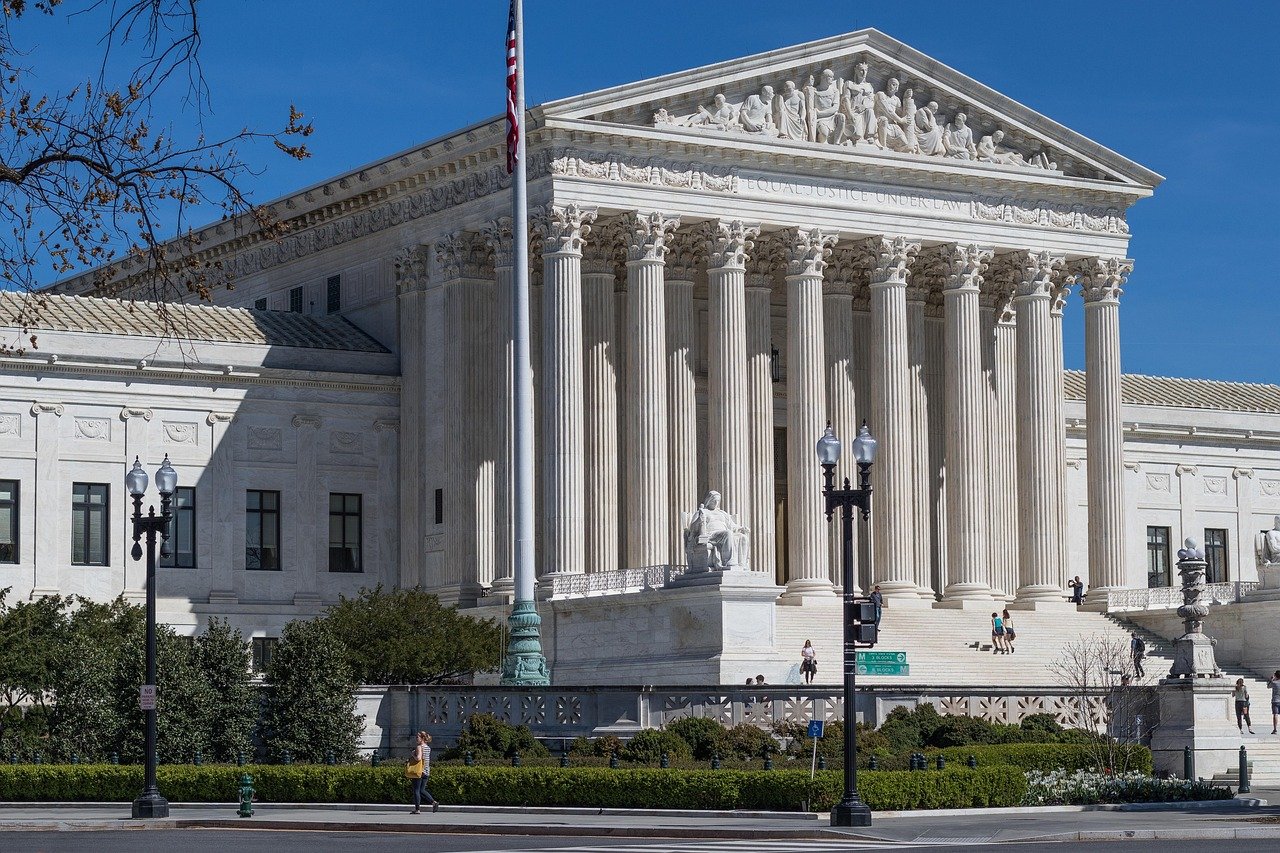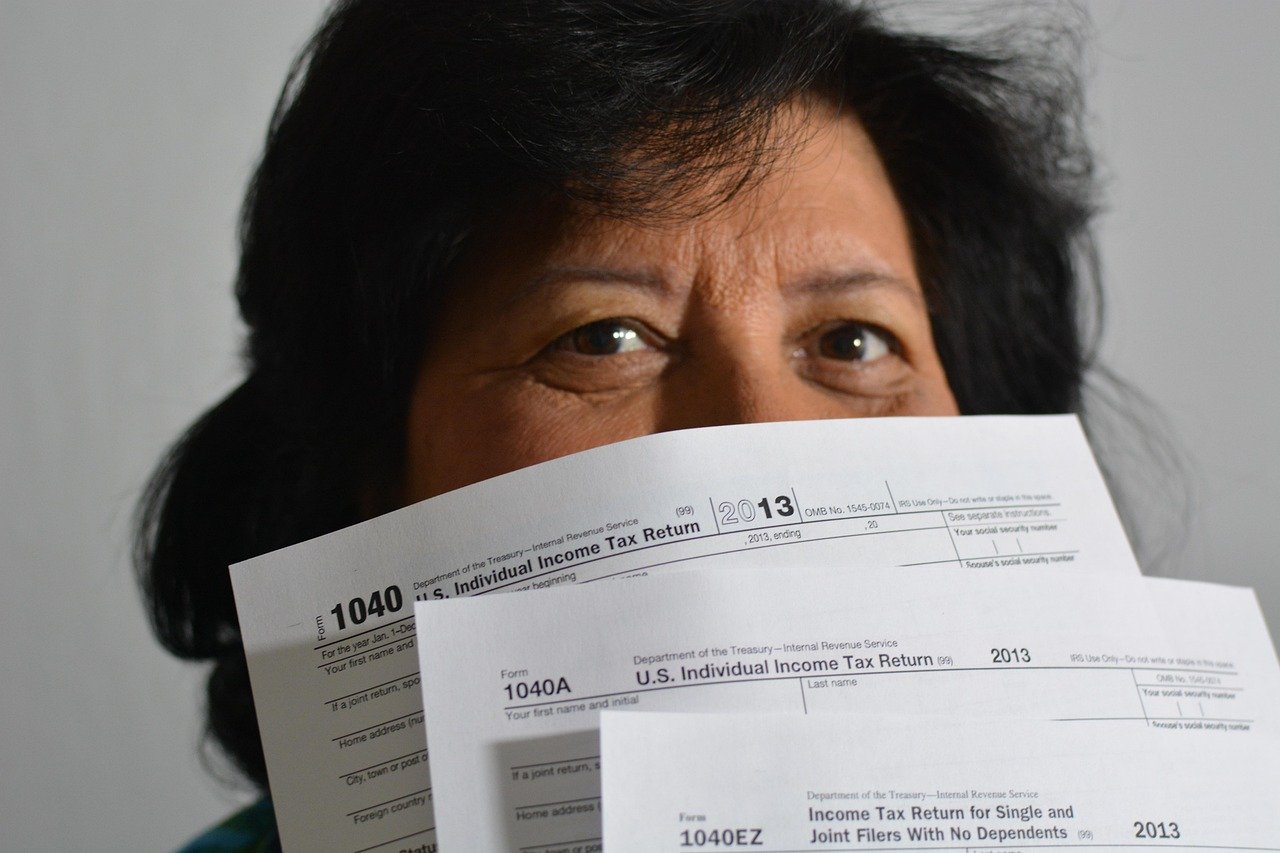The 14th Amendment, ratified in 1868, grants citizenship to “all persons born or naturalized in the United States, and subject to the jurisdiction thereof.” Traditionally, this has been interpreted to mean that nearly every child born on U.S. soil, regardless of their parents’ nationality or immigration status, automatically becomes a U.S. citizen. This principle of jus soli, or “right of the soil,” distinguishes the United States from countries that require a parent to be a citizen or legal resident for their child to inherit citizenship.
The theory now being spotlighted argues that the phrase “subject to the jurisdiction thereof” does not merely mean being physically present in the U.S. but entails a more substantial allegiance to the U.S., typically signified by parental citizenship. Proponents of this interpretation assert that when originally crafted, this clause was intended to exclude certain groups such as foreign diplomats’ children or hostile occupiers whose allegiance might lie with another nation.
This argument has gradually moved from academic debates and niche legal circles into mainstream judicial consideration due largely to shifts in the political landscape and appointments within federal courts more open to revisiting established legal precedents.
In recent times, cases challenging traditional interpretations of birthright citizenship have started making their way through lower courts, setting up potential confrontations at higher levels which could ultimately necessitate Supreme Court adjudication. Advocates from both sides of this issue are preparing for what could be landmark decisions affecting millions of current and future Americans.
If endorsed by the Supreme Court, this reinterpretation would signify an unprecedented shift in national policy and profoundly affect immigration policy. It would likely lead to significant legal challenges and debates about identity, national belonging, and inclusivity in American society.
Such a fundamental change might also prompt legislative actions either reinforcing traditional interpretations or officially codifying new understandings of citizenship rights as necessitated by court decisions. These developments would occur amidst already heated debates over immigration reform and national identity.
As this once-fringe birthright citizenship theory gains traction in judicial spheres it reveals deeper societal questions about who is considered an American from birth and what criteria should justify this lifelong status. Whatever direction these potential rulings go they promise substantial impacts on many lives while also shaping future discussions about constitutional rights and interpretations for generations.



















